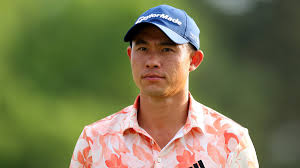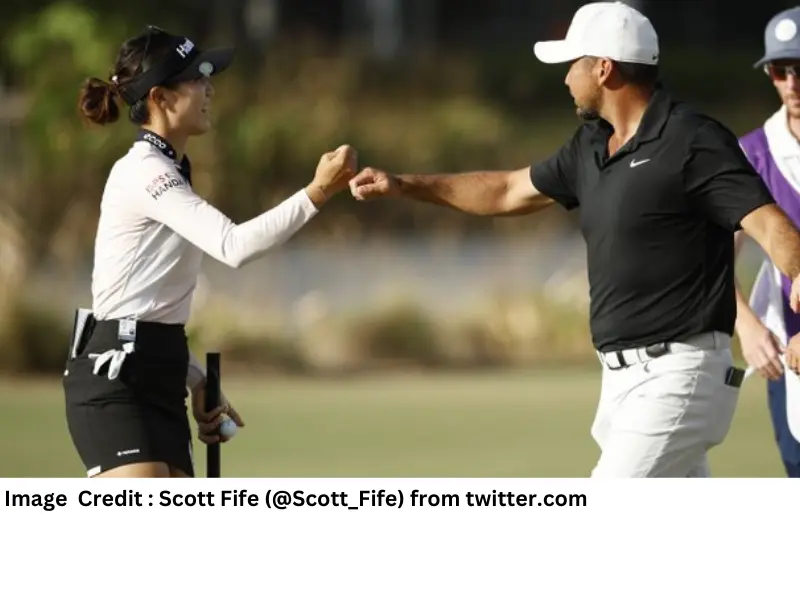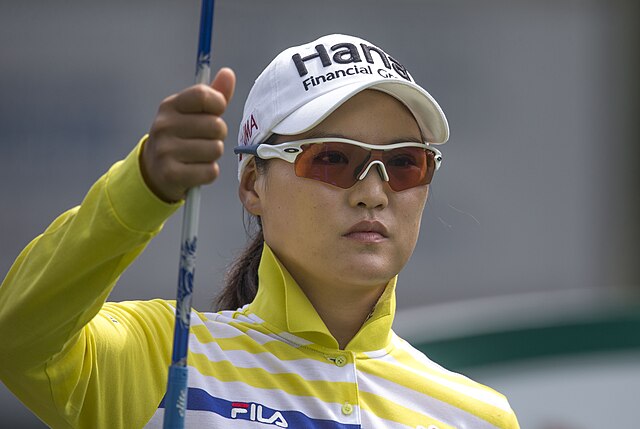
As the Masters unfolded at Augusta National, Collin Morikawa found himself navigating more than just the challenging course. He was once again under the media microscope highlighting a growing tension between athletes and press in modern sports.
Words That Echo Beyond the Fairway
Morikawa’s recent comments during the Players Championship, where he stated he “doesn’t owe anyone” post-round interviews sparked media scrutiny that resurfaced during Masters week. Addressing the controversy, Morikawa clarified, “I could have said it differently… But I stand by what I said.” It was a reserved but firm defense, delivered amid golf’s most tradition-laden event.
Though factually correct, players aren’t required to speak to the media, the issue brings broader questions to light:
- Is a player’s responsibility purely about performance?
- What role does transparency play in their legacy?
- How does media influence fan connection and visibility?
The Media as a Narrative Partner
Golf is as much story as score. Top players don’t just thrive because of their swings but also because of the narratives shaped by headlines, interviews, and public moments. Openness fuels fan engagement and builds myths around competitors. Icons like Rory McIlroy have embraced this, often offering vulnerable, humanizing insights that resonate with fans.
In contrast, Morikawa has been more guarded. Even after strong performances, he’s opted not to share deeper reflections like last year at Augusta, when he declined to explain the swing thought that fueled his rise. This week, when asked to offer course advice for younger players, he simply said, “I’m not going to say it here.”
A Two-Way Fairway
Interestingly, Morikawa advocates for more consistent media engagement for everyone. “You guys should be asking the top 10 every single week,” he said, frustrated that attention only spikes when he’s playing well. That desire for fairer coverage is valid, yet it also underscores a desire to shape the narrative on his own terms.
The challenge? Media and athlete relationships are built on reciprocity. When players choose to share, they let fans and history see more than numbers. When they retreat, they risk being misunderstood or underappreciated.
Play and Personality on Display
Despite the press tension, Morikawa reminded the world why he matters on the leaderboard. An eagle on 13 shot him briefly to the top before bogeys on 15, 16, and 18 brought him back to even par. His round was emblematic of his current standing with the public: flashes of elite ability, juxtaposed with guarded moments.
Still, after a grueling day, Morikawa offered candid post-round insights: “You feel drained every time you walk off [this course]… I was shooting the best I could have shot, and now I feel like I kind of shot the worst I could have shot.” It was the kind of heartfelt reflection that adds depth to his performance and reminds us of what can be gained when athletes let us in.
Legacy in the Balance
With three rounds still to play, Morikawa’s story at Augusta and in golf at large remains unwritten. The question is: will fans and the media remember the scores or the silences?
For a sport that reveres both skill and story, his legacy could hinge on both.
Read the full article on golf.com.



